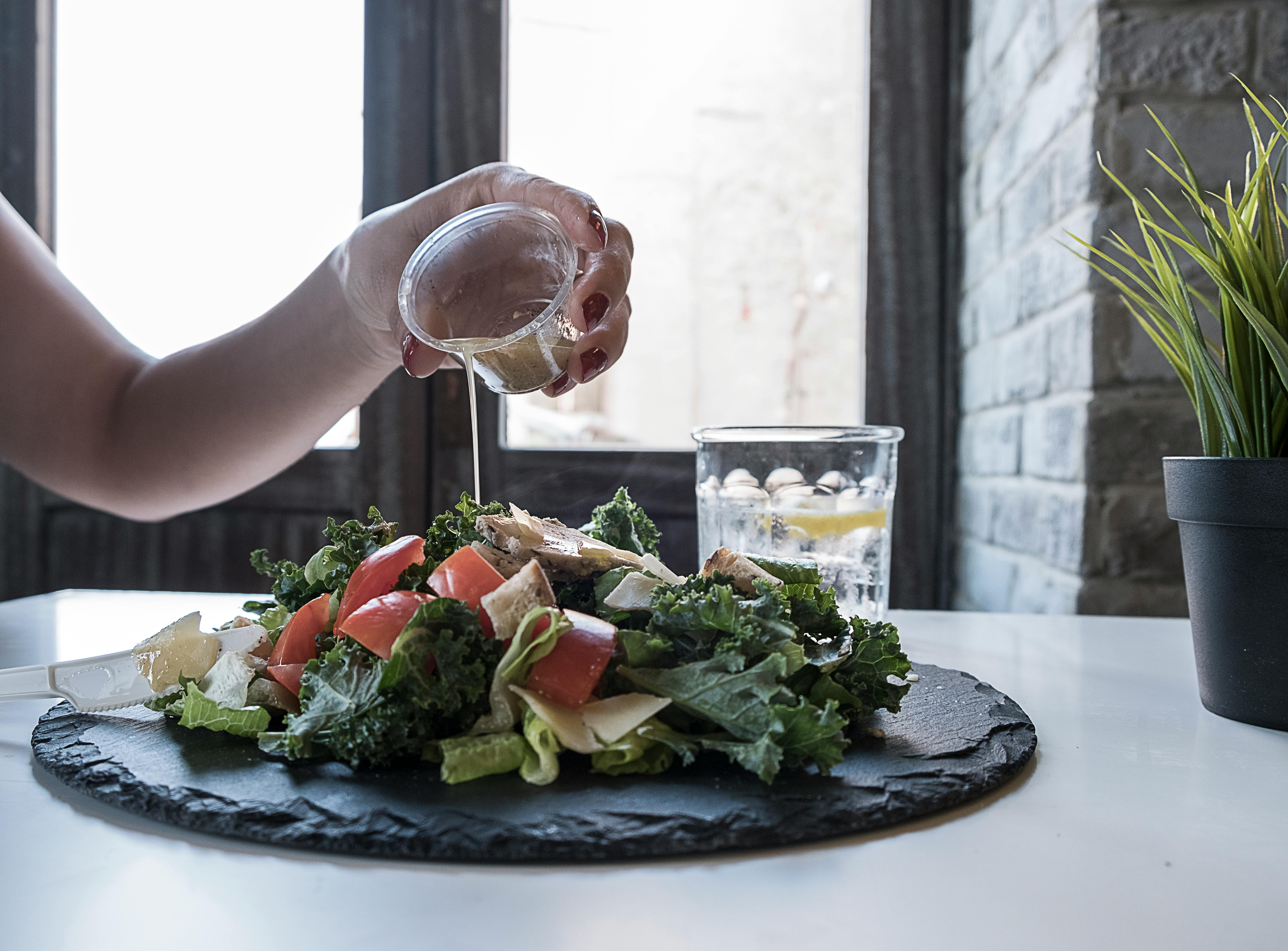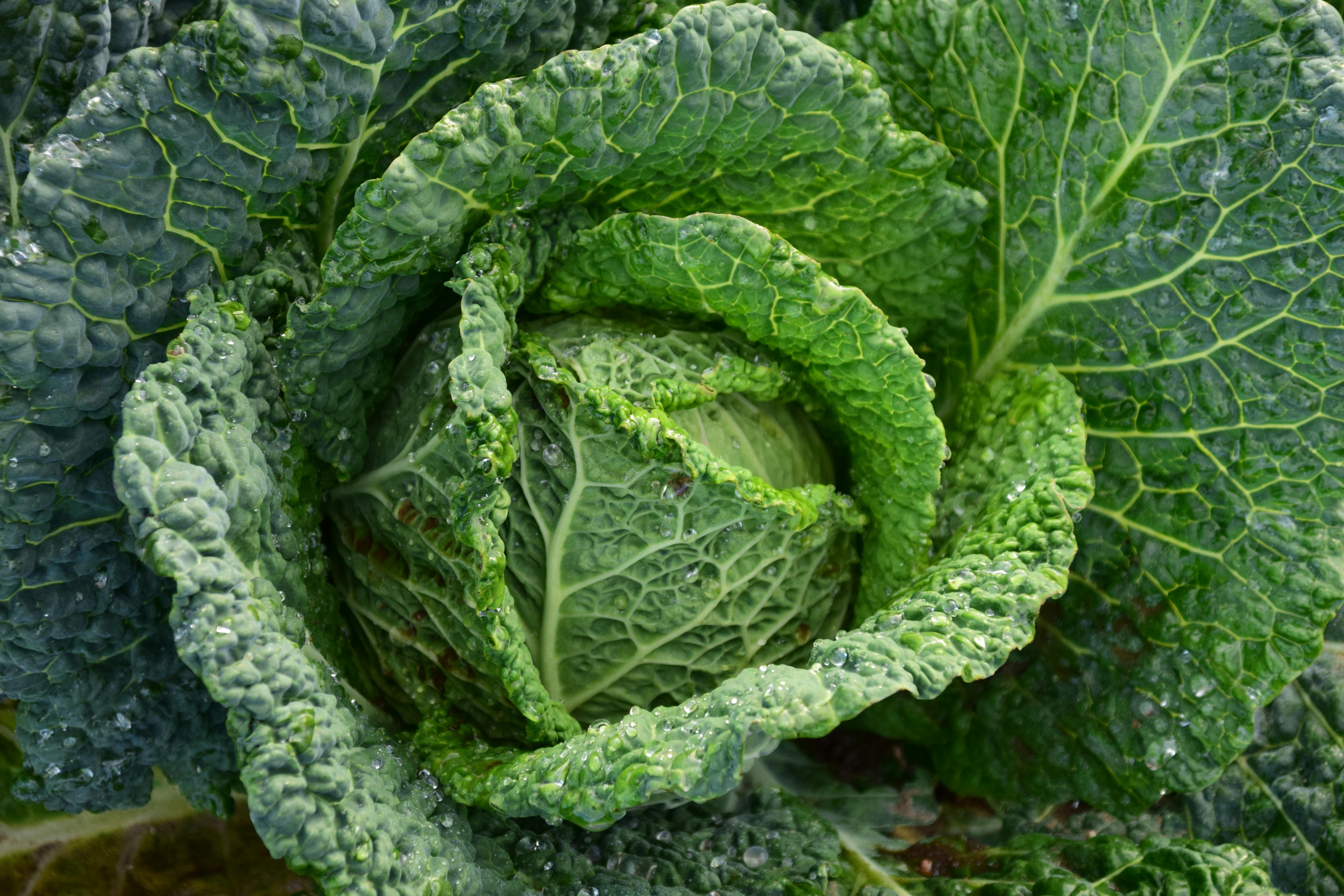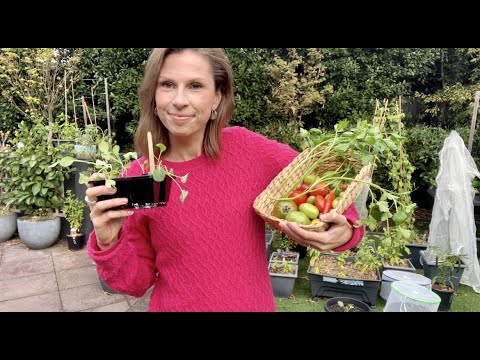If you’re eager to get your vegetable garden growing in Melbourne, you’ve come to the right place. Melbourne’s temperate climate makes it an ideal location for a wide variety of vegetables, and there are plenty of options for what to plant now. Depending on the season and your specific climate region, some vegetables may be more suitable than others. Here is a list of the best vegetables to plant in Melbourne right now.Vegetables that can be planted now in Melbourne are spring onions, tomatoes, capsicums, chillies, zucchini, eggplant, radishes, spinach, rocket and carrots.
What Type of Vegetables Grow Best in Melbourne?
Melbourne is well known for its unique climate and fertile soil, making it an ideal city for growing vegetables. A wide variety of vegetables can be grown in the Melbourne area, depending on the season and the type of soil available.
In the warmer months, tomatoes, capsicums, eggplants, beans, corn and squash are some of the most popular vegetables that can be grown in Melbourne. These vegetables require plenty of sunlight and warm temperatures to thrive.
Cool season vegetables such as broccoli, cauliflower, cabbage and lettuce are also popular in Melbourne gardens. These vegetables prefer cooler temperatures and can be planted in the early spring or late summer months.
Root vegetables such as carrots, parsnips and turnips are also popular in Melbourne gardens. These vegetables prefer loose soil where they can easily grow their roots deep into the soil.
Finally, a variety of herbs such as basil, oregano and rosemary can also be grown successfully in Melbourne gardens. Herbs prefer well-drained soil with plenty of sunlight to thrive.
No matter what type of vegetable you want to grow in your garden in Melbourne, it is important to choose varieties that will do well in your particular climate and soil type. With a little research and careful selection you can create a beautiful garden filled with delicious veggies all year round!
Preparing Soil for Planting Vegetables in Melbourne
Planting vegetables in Melbourne can be an enjoyable and rewarding experience. Preparing the soil is the first step in creating a successful vegetable garden. Properly prepared soil allows your vegetables to thrive and will help your garden produce an abundant harvest. In order to prepare the soil for planting vegetables, you will need to take a few steps.
The first step is to test the pH of your soil. It is important to know what type of soil you are dealing with in order to determine what types of plants will do well in it. You can purchase a pH testing kit at most garden centers or online, or you can send a sample of your soil to a local laboratory for testing.
Once you have determined the pH of your soil, you can begin adding organic matter such as compost or aged manure. This will help improve the structure and fertility of your soil, as well as increase its water-holding capacity. You can also add other amendments such as lime or sulfur to adjust the pH of your soil if necessary.
The next step is tilling the soil. Tilling is necessary to break up compacted soils and incorporate organic matter into the existing structure. If possible, try not to till too deeply as this can disturb plant roots that are already established in the ground. Use a tiller or spade to turn over and mix up the top layer of soil.
Finally, it is important to rake over your garden bed and remove any debris such as rocks or weeds that may be present before planting. This will help ensure that your vegetable plants have access to all available nutrients and water they need for optimal growth. After these steps are completed, your vegetable bed should be ready for planting!
The Best Time of Year to Plant Vegetables in Melbourne
Growing vegetables in Melbourne can be a rewarding experience, but it’s important to know when to plant them in order to get the best yields. The best time of year to plant vegetables in Melbourne varies depending on the types of vegetables you want to grow. Generally, the months of April and May are the best time for planting most vegetables.
In April and May, temperatures in Melbourne tend to be mild and there is generally plenty of rain, which helps ensure that your vegetables will receive adequate hydration during their growth period. This is also a good time for planting root crops such as potatoes, carrots, and onions as these require time to establish before cold weather arrives.
Keep in mind that some vegetables may need protection from cold weather so if you plan on planting them, you’ll need to provide them with frost protection such as plastic sheets or blankets. It’s also important to remember that some veggies may require extra attention during their growth period so be sure to plan accordingly if you want maximum yields.
If you are looking for a more extended planting season then September and October may be your best bet as these months tend to have mild temperatures with some rain. This extended season gives you more options when it comes to planning out your garden and allows for planting of more heat-loving veggies such as tomatoes, peppers, zucchini, cucumbers, eggplant, melons, and squash.
No matter what type of vegetables you plan on growing in Melbourne it’s important to remember that timing is everything when it comes to having a successful harvest. Knowing exactly when the best time of year is for planting can help ensure that your veggies will reach their full potential!
Tips for Planting Vegetables in Melbourne
Growing vegetables in Melbourne can be a rewarding experience, but there are some tips you should follow to ensure success. Firstly, it is important to choose the right varieties for the season. Different vegetables have different seasonal requirements, so it is important to select varieties that are suited to the local climate. Secondly, it is important to prepare the soil well before planting. The soil should be well-drained and amended with organic matter such as compost or manure. Thirdly, plants should be watered regularly and evenly during dry spells. This will help keep them healthy and prevent disease. Finally, make sure to rotate crops and use companion planting techniques to keep pests away and promote healthy growth. Following these simple tips can help ensure a successful vegetable garden in Melbourne.
In addition to these tips, it is also important to select vegetables that are suited to your tastes and needs. Consider what types of vegetables you want to grow as well as how much space you have available for your garden. If you are limited on space, consider growing vegetables in containers or raised beds instead of in-ground gardens. This can be a great way to maximize yields while still being able to enjoy fresh produce from your garden all year round.
Finally, remember that gardening takes time and patience. Don’t expect instant results; rather give your plants time to establish themselves before you start harvesting produce. With patience and following these tips you can enjoy a successful vegetable garden in Melbourne!

Fertilisers and Soil Amendments for Growing Vegetables in Melbourne
Growing vegetables in Melbourne can be a rewarding experience, but it is important to use the right fertilisers and soil amendments to ensure the best results. The type of soil amendments and fertilisers you use will depend on the type of vegetable you are growing and the particular soil conditions of your garden.
Organic fertilisers are a good choice for vegetable gardens as they provide nutrients slowly over time and are often derived from sources such as compost or manure. Compost is an excellent source of organic matter which helps to improve soil structure, aeration and water retention. Manure is also a great source of nutrients for vegetables, but it should be aged or composted before being added to the garden.
Synthetic fertilisers, such as those containing nitrogen, phosphorus and potassium are also beneficial for vegetable gardens, but they should be used sparingly as they can sometimes cause an imbalance in the soil. It is also important to test your soil regularly to ensure that there is a good balance of nutrients available for your vegetables to grow healthy and strong.
In addition to fertilisers, there are other types of soil amendments which can help improve the quality of your garden’s soil. Gypsum or lime can be added to help improve drainage in clay soils while other amendments such as sulfur can help reduce the pH level if your soil is too alkaline. Animal manures such as sheep or poultry manure can also provide an excellent source of organic matter which helps to improve nutrient levels in soils with low fertility.
It is important that you select the right fertilisers and soil amendments for your particular vegetable garden and take into consideration factors such as pH levels, nutrient content and texture when making your decision. By using the correct combination of fertilisers and soil amendments, you will create an ideal environment for growing healthy vegetables in Melbourne.
Common Pests and Diseases Affecting Vegetable Crops in Melbourne
Melbourne is home to some of the world’s most unique and varied vegetable crops. However, along with the beauty comes a certain amount of risk. Many vegetable crops are prone to pests and diseases, which can cause significant damage if not managed properly. It is important for growers to be aware of the common pests and diseases that may affect their crops in order to take steps to prevent them from occurring or minimize their impact.
The most common pest affecting vegetable crops in Melbourne is the aphid. Aphids are small, sap-sucking insects that can cause stunted growth and yellowed leaves on susceptible plants. They also secrete honeydew, which can attract other pests such as ants and sooty moulds. The best way to control aphids is by using a combination of physical removal (such as squashing or hosing off) and chemical sprays.
Another common pest affecting vegetable crops in Melbourne is the whitefly. These tiny insects feed on plant sap, causing leaves to become yellowed or distorted. They also secrete sticky honeydew, which attracts other pests such as ants and sooty moulds. The best way to control whiteflies is by using insecticidal sprays or sticky traps.
When it comes to diseases, Melbourne vegetable growers need to watch out for various fungal diseases such as powdery mildew, downy mildew, grey mould and rusts. These diseases can cause stunted growth, wilting leaves and even plant death if left untreated. The best way to manage these diseases is by using a combination of cultural practices (such as crop rotation) and chemical fungicides or biological controls such as predatory mites or fungi-attacking bacteria.
In summary, it is important for growers in Melbourne to be aware of the common pests and diseases that may affect their vegetable crops in order to take steps to prevent them from occurring or minimize their impact. Control measures should be tailored depending on the type of pest or disease present, but typically involve physical removal combined with chemical sprays or biological controls where appropriate.
Planning Your Vegetable Garden
Planning your vegetable garden in Melbourne is essential for ensuring a successful harvest. Before you start planting, take some time to consider what type of vegetables you would like to grow and how much space you have available. Take into account the amount of sunlight your garden will get, as this will affect what type of vegetables you can grow. You should also think about the soil type and nutrients available, as these will determine what types of fertilisers and supplements need to be used.
Preparing the Soil
Once you have planned out where your vegetable garden will go, it is time to prepare the soil. Loosen up any hard or compacted soil by digging it over with a spade or fork and break up any clumps with your hands. Then add organic matter such as compost, well-rotted manure, or leaf mould to improve the soil structure and nutrient content. Finally, level off the soil surface so it is even before you start planting.
Choosing What to Plant
When choosing what vegetables to plant in your garden, consider which ones are most suitable for the climate in Melbourne. Some varieties that do well in cooler climates include broccoli, cabbage, carrots, cauliflower, kale, spinach and turnips. For warmer climates try tomatoes, capsicums, eggplants and beans. It’s also a good idea to choose varieties that are disease resistant as this will help protect against pests and diseases.
Watering Your Vegetables
Once your vegetables are planted it is important to keep them well-watered throughout the growing season. This will ensure that they get enough water for healthy growth and development. Water deeply once a week if there has been no rain; more often if there is hot weather or drought conditions. Avoid watering during midday when temperatures are high as this can cause plants to wilt.
Caring For Your Vegetables
As your vegetables begin to grow they may require some additional care such as weeding or fertilising. Hand weeding is usually best for vegetable gardens as this avoids disturbing plant roots too much; however using mulch can help reduce weeds too. Fertilising will help ensure plants get enough nutrients for healthy growth; organic fertilisers such as compost or manure are better than chemical fertilisers for vegetable gardens.
Harvesting Your Vegetables
When harvesting vegetables from your garden be sure not to damage other plants in the process; use scissors instead of pulling them from their stems if possible. Different vegetables have different harvesting times so check when each one should be picked so they reach peak ripeness before being eaten!

Conclusion
In conclusion, there are many vegetables that can be planted now in Melbourne. From leafy greens to root vegetables, a gardener can find something to plant. The best part is that these vegetables can be harvested in the winter and spring months depending on the type of vegetable. It is important to remember that different vegetables have different needs when it comes to soil quality, sunlight, and other factors. Therefore, it is important for gardeners to research the requirements of the specific vegetables they plan to plant before doing so. Additionally, speaking with a local nursery or gardening expert can provide valuable insight into which vegetables will thrive in Melbourne’s climate conditions.
For those looking for an easy start, leafy greens such as spinach and lettuce are great options due to their hardiness and fast growth rate. Moreover, root vegetables such as potatoes, carrots, and onions are also popular options that require minimal effort once planted. Regardless of what type of vegetable is planted now in Melbourne, gardeners can look forward to enjoying their fresh produce in the coming months.

